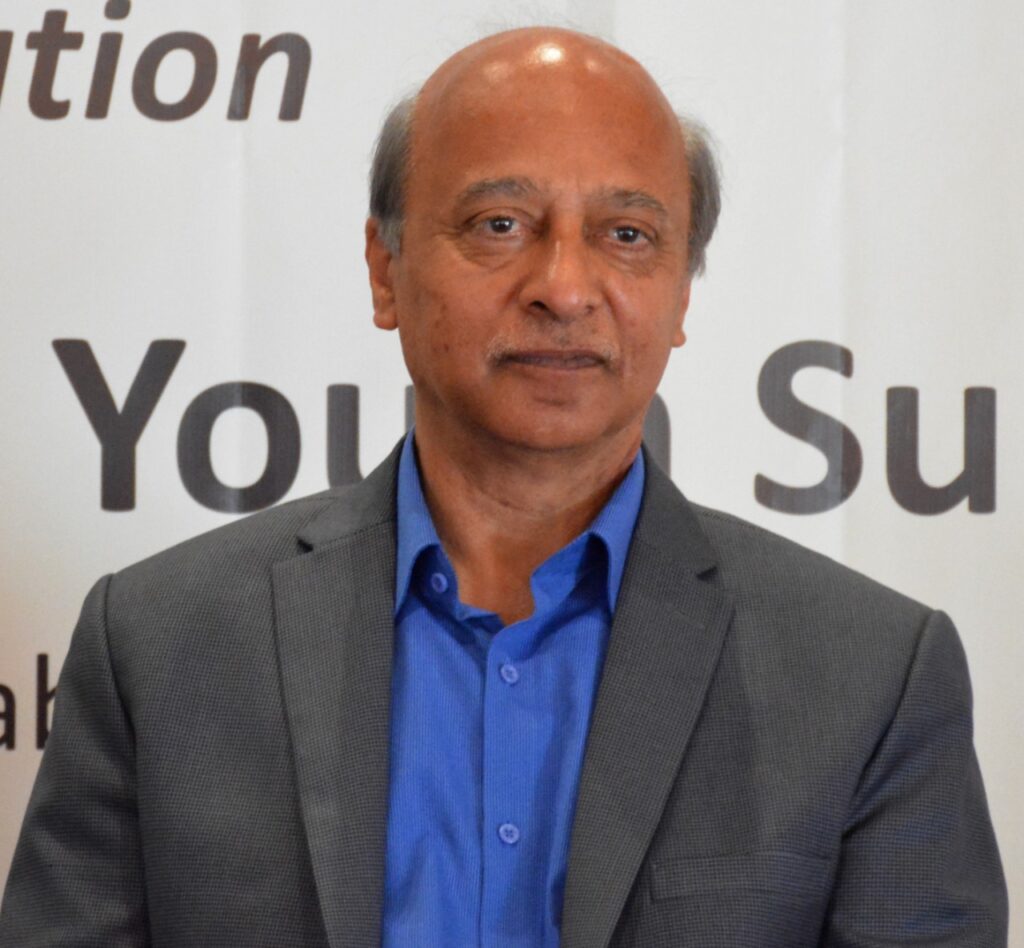Imtiaz Gul

Senator Joseph Biden’s stint in the US Senate and his role as chairman Foreign Relations Committee was an open book. Pakistani leadership – as usual – failed to consciously look into that said open book, leading to the now prevalent expressions of anger, frustration, and surprise over the cold-shoulder Biden has given to Pakistan.

Our leaders continue to fail to recognize Biden’s love for India which he envisions as among the “three or four pillars of security in the world in 21st century” along with the US.
It is important to understand Biden’s historically-significant preceding comments on India. Back in November 2006, Senator Joseph Biden, spearheaded legislation (S. 3709) that paved the way for the US-India civilian nuclear agreement. Co-authored by Senator Richard Lugar, the legislation sailed through the Senate with an overwhelming 85 for to 12 votes on November 16.
In a subsequent interview with Rediff India Abroad, he described the nuclear cooperation agreement as ‘the single most important development) that’s occurred in the last 20 years with regard to India and it’s the basis upon which we can begin to build…’ He then went on to explain his vision of a partnership with India in the future.
Is it really surprising then that the US President is pursuing goals he adhered to 15 years prior?
“My dream is that in 2020 the two closest nations in the world will be India and the United States. If that occurs, the world will be safer,” Biden said a statement later recalled by Anthony Blinken, his Secretary of Stat during his July 28 press interaction at New Delhi
In what appeared to be a further explanation of Biden’s vision, Blinken said:
“Well, it’s 2021. Joe Biden is President of the United States; the friendship between India and the United States is one of the most consequential in the world. And we, too, look to the future, to 2030 and beyond, because once again, the choices and investments that we make today can produce a healthier, more peaceful, more prosperous, more democratic future for our children and for the world. That’s the opportunity before us, and that’s what the people of India and the United States will work together to achieve.”
Below are a few more points from Senator Biden’s 2006 interview which essentially define what President Biden is likely to do to further augment the relations with India.

First, the idea that two of the three or four pillars upon which security for the world will be built in the 21st century are India and the US.
Second, India has been a partner in non-proliferation, and an “international good citizen”, despite living in “a very rough neighbourhood”. So the idea that India, with China to its north and Pakistan to its west, would not become a nuclear power is just not a reasonable expectation.
Third, “…that the Indian-American community in being able to make their views known to the US Congress is remarkable. This is the single-most important relationship that we have to get right for our own safety’s sake.
No surprise an Indian-American Kamala Haris is serving as his deputy along with scores of other Indian-origin Americans in the administration. In a telling expression of his inclination, Biden appointed at least 55 Indian-Americans within days of assuming to the Presidency to key leadership positions in his administration – ranging from his speech writer to the NASA, to almost every wing of the government.
Fourth, “you can argue the merits of Kashmir, depending on which historical point you wish to start with (but) … I would not bring that up without consultation with India first. If our good offices are sought we should be prepared to provide them. But I don’t think we can determine – we, the United States – (how it should be resolved). But that (issue) is not ours to solve.”
Finally, that “…Iran is a theocracy that has mal-intent; there’s absolutely no evidence that India has transferred any technology and/or lethal weapons to Iran. Also, there is no evidence that they’ve transferred any military capability that allows the government in Tehran to support terrorism.”
If we put all of the above together, why should Pakistan be upset if the US President continues to cold-shoulder Prime Minister Imran Khan? It is crystal clear in his capacity as President, he now has the opportunity to transform his vision on India into a reality and take the existing ties to the next level.
Herein lies the challenge for Pakistan. It is foolhardy to spend unnecessary time, effort, and energy bemoaning the rude and irresponsible attitude of the US President towards Pakistan. We should collectively accept that the new geo-political shift will result in obvious political choices, such as this, or the continued grey-listing of Pakistan by FATF, or the continued COVID-19 red-listing of Pakistan instead of the UK (despite lower number, infections, and positivity rate).
Wailing over lack of principles, duality and expedience in major capitals will not get us any where.
Instead, the state should focus on its own systemic weaknesses, treat the governance malaise, and replace tardy bureaucrats with smart technocrats to seize investment opportunities. Sticking to the 19th century governance regime will keep weighing down political and economic progress. Our priority should be internal struggles and battles, keeping in mind the international friends that have reached out, and continue to offer both support and friendship, and pull Pakistan kicking and screaming into a new economically prosperous future.



